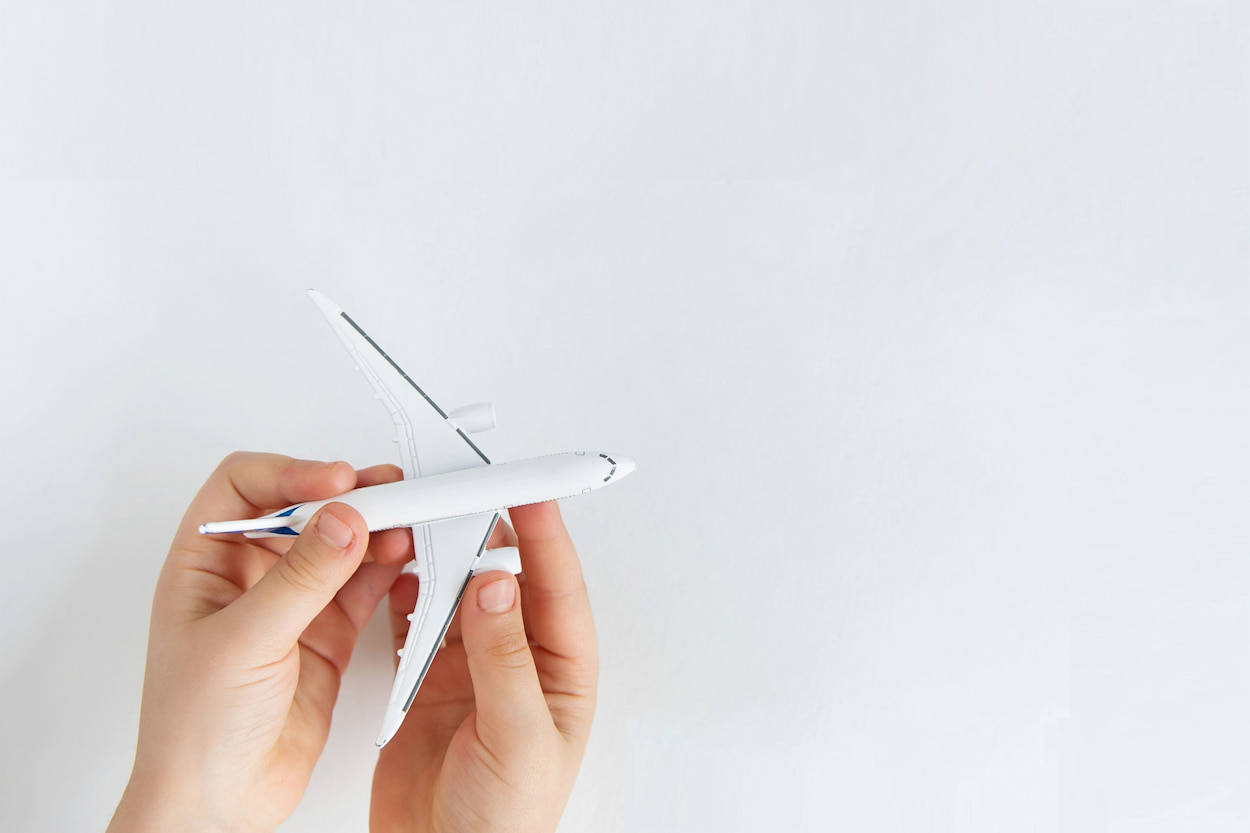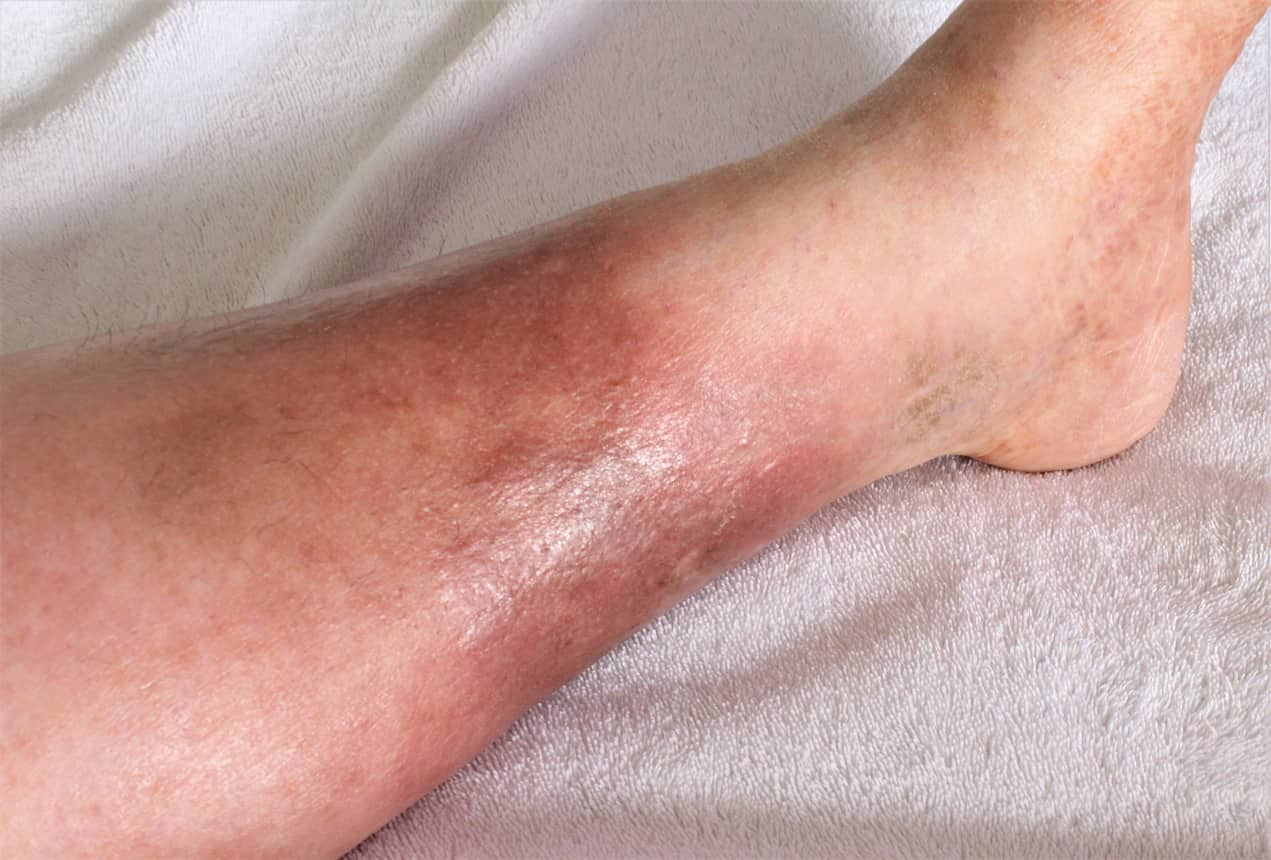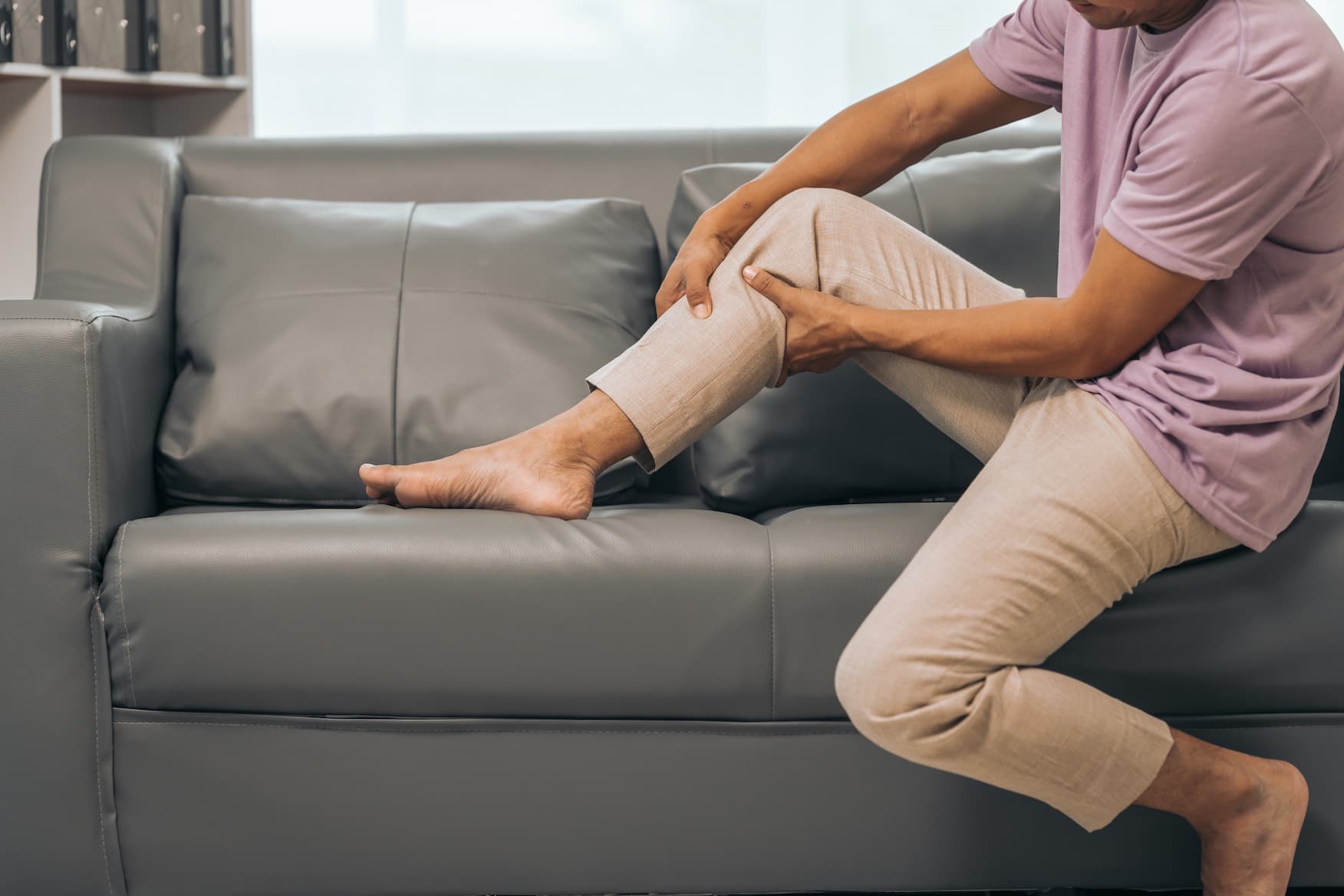
A Guide to Flying After Vascular Surgery
Vascular surgery is a major medical procedure that can significantly impact a person's life. One of the common concerns after vascular surgery is air travel. Flying after vascular surgery requires careful planning to ensure that the patient can travel safely and comfortably. In this article, we will discuss some tips for safe and comfortable air travel after vascular surgery.
Fly After Vascular Surgery
Flying after vascular surgery requires careful consideration and preparation to ensure a safe and comfortable journey. It is essential to consult with your doctor before planning your trip and to wait for at least one to two weeks after surgery before flying. Choosing the right seat, wearing comfortable clothing, staying hydrated, and getting up and moving around the cabin regularly can help promote blood circulation and reduce the risk of complications such as blood clots. With proper planning and precautions, you can enjoy air travel after vascular surgery..

Consult with Your Doctor
It is critical to schedule an appointment with your primary care physician before you start making travel plans. Following vascular surgery, your primary care physician will be the best person to advise you on whether or not you are healthy enough to fly. In addition to this, they are able to give you detailed information on how to be ready for the trip, such as what precautions to take and what drugs you should take.
Plan Your Trip
It is essential to take into consideration the schedule of your journey when you are making plans for your trip. Before traveling again, it is recommended that the patient wait anywhere from one to two weeks after the surgery. This waiting period gives the body time to recuperate following the operation, which in turn minimizes the likelihood of experiencing any issues.
Choose the Right Seat
There is a significant correlation between the location of your seat selection and your level of comfort and safety during flight. If at all feasible, select a seat that provides additional legroom or one that enables you to extend your legs out completely. It is recommended that you keep your legs elevated throughout the flight if you have undergone lower limb vascular surgery in the past. Thus, selecting a seat that provides additional legroom will be useful.
Wear Comfortable Clothing
When travelling after having vascular surgery, it is absolutely necessary to wear comfortable attire. Wearing clothes that are too big for you will not only prevent blood from flowing freely to your legs but also limit your range of motion. You should also think about whether or not you want to wear compression stockings during the journey in order to improve blood circulation and reduce the risk of developing blood clots.
Stay Hydrated
Because flying might cause the body to lose water and get dehydrated, it shouldn't be done immediately after vascular surgery. In order to avoid becoming dehydrated when in the air, it is critical to consume a lot of water regularly. It is important to abstain from consuming alcohol because it can make dehydration worse and raise the danger of blood clots.
Get Up and Move Around
Sitting for extended periods can increase the risk of blood clots, which is a significant concern after vascular surgery. It is essential to get up and move around the cabin regularly. Take frequent walks around the cabin or perform some simple exercises while seated. This movement will promote blood circulation and reduce the risk of blood clots.
Flying after vascular surgery requires careful planning and precautions to ensure a safe and comfortable journey. Consult with your doctor before planning your trip, choose the right seat, wear comfortable clothing, stay hydrated, and get up and move around the cabin frequently. With proper planning and precautions, you can travel safely and enjoyably after vascular surgery.
What Can You Not Do After Vascular Surgery?
Following having vascular surgery, it is essential to refrain from engaging in strenuous physical activity for a period of several weeks in order to allow the body to recover, such as heavy lifting or hard exercise. In addition, patients should abstain from smoking and drinking alcohol because both of these behaviors might slow down the healing process.
Can You Fly After Leg Vein Surgery?
Patients who have had surgery on their leg veins are normally able to travel between one and two weeks after the procedure; however, it is imperative that they check with their primary care physician to ensure that it is safe for them to do so. Patients should take precautions against the possibility of developing blood clots during the flight by wearing compression stockings, getting up and moving around frequently, and getting up and walking around frequently.
Can You Fly After Spider Vein Treatment?
Patients who have had spider vein therapy can typically resume their normal activities immediately. However, in order to lessen the likelihood of developing blood clots, it is essential to take preventative measures such as wearing compression stockings and getting up frequently to move around the cabin during the flight.
Does Flying Affect Your Veins?
Flying can affect veins by increasing the risk of blood clots, particularly in individuals who have a history of blood clots or have undergone vascular surgery. Prolonged sitting during the flight can restrict blood flow and increase the risk of developing deep vein thrombosis (DVT). Taking precautions such as wearing compression stockings, getting up and walking around frequently, and staying hydrated can help reduce the risk of blood clots.
Healthy Türkiye Notes
Vascular surgery and vein treatments can have substantial repercussions on a person's life, including their ability to fly on an airplane. It is imperative to speak with a medical professional prior to making travel plans and to allow for the necessary amount of time for recovery before getting on a plane. Taking precautions during the flight, such as wearing compression stockings, maintaining an adequate fluid intake, and moving around often, can help lower the chance of issues during the journey, such as blood clots. Those who have undergone vascular surgery or vein treatments can safely and comfortably enjoy air travel if they take the appropriate precautions and plan ahead.



